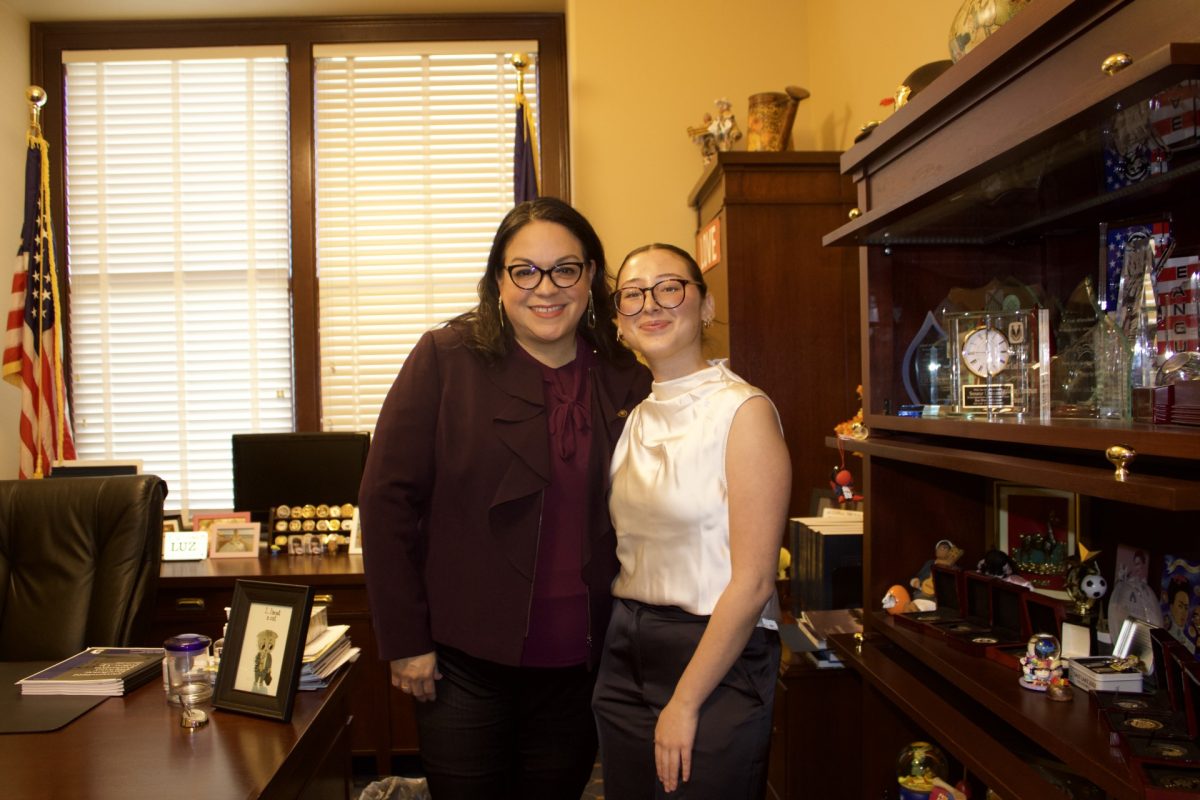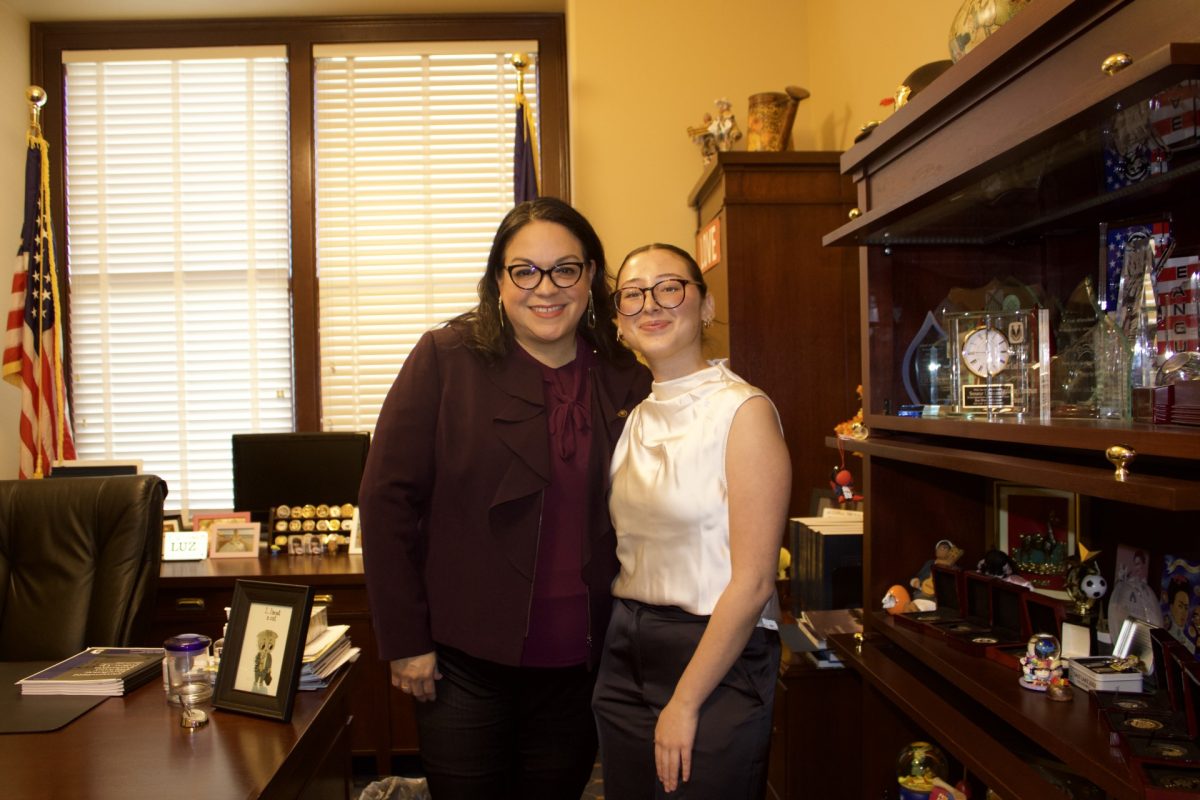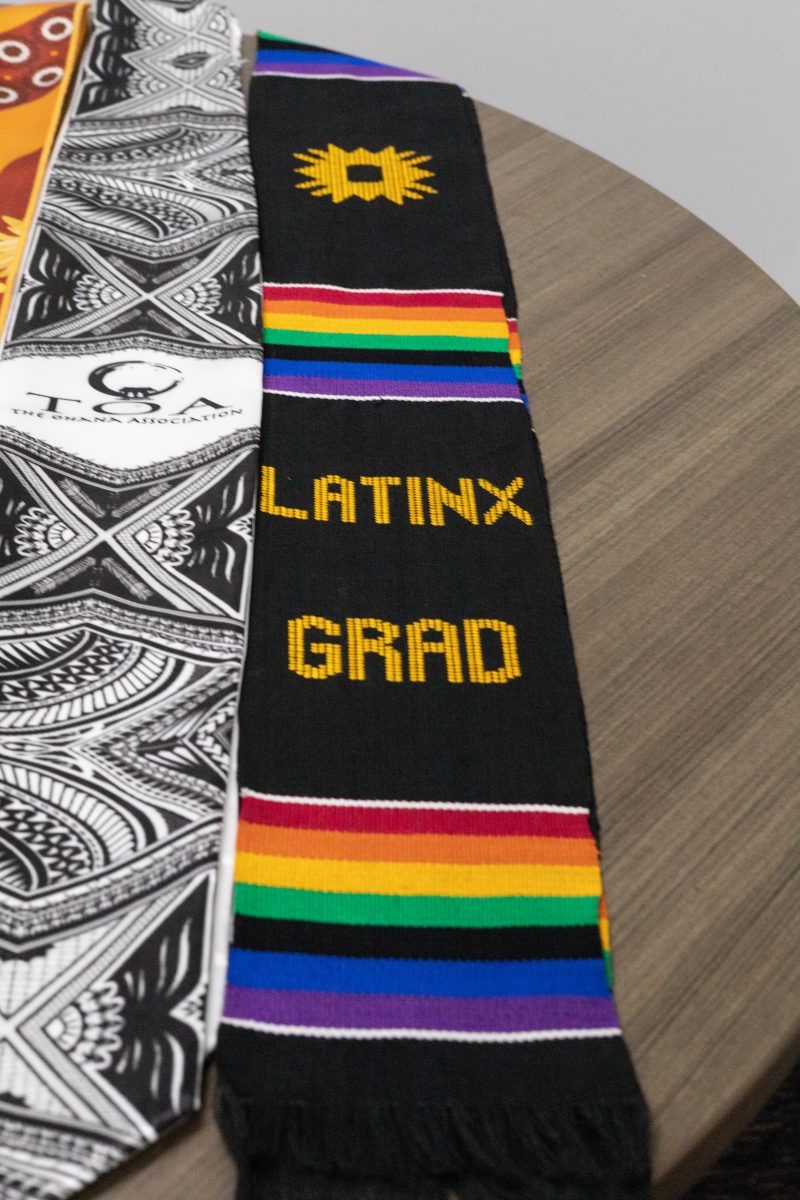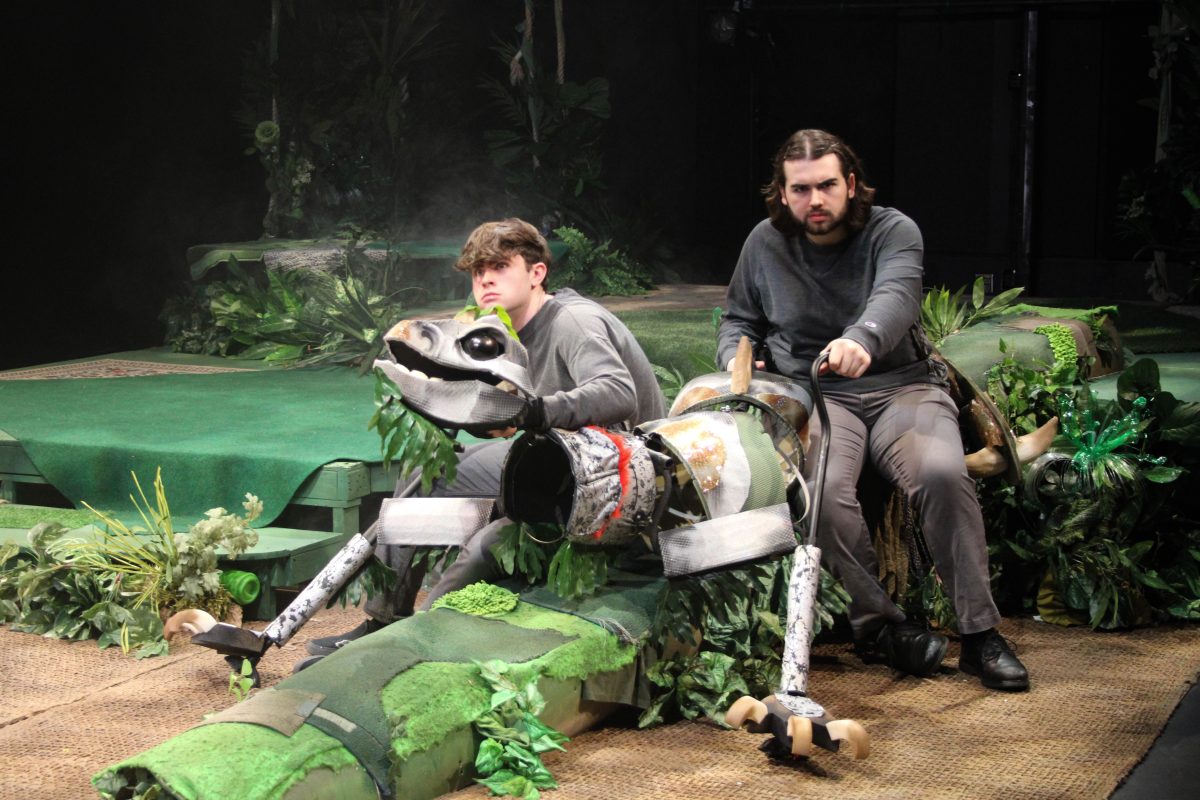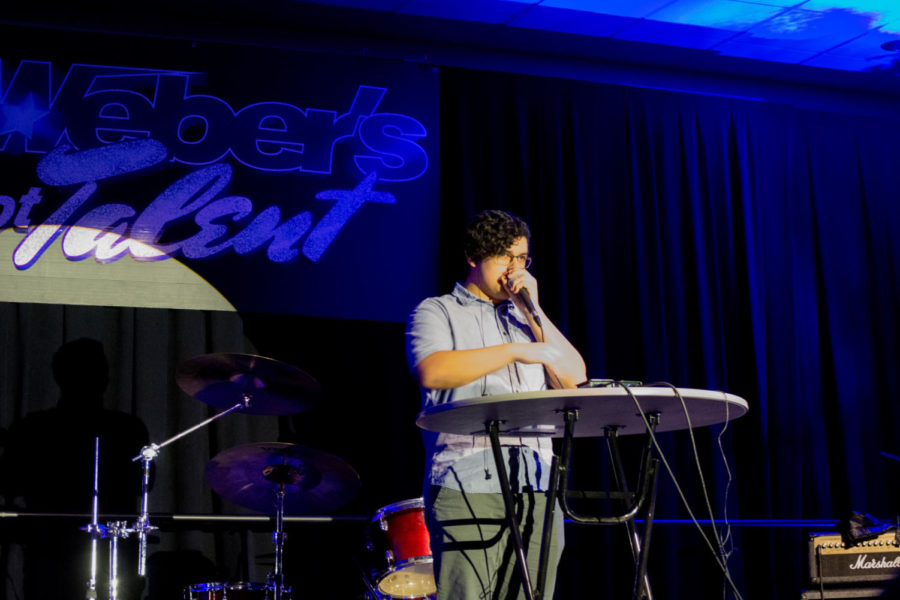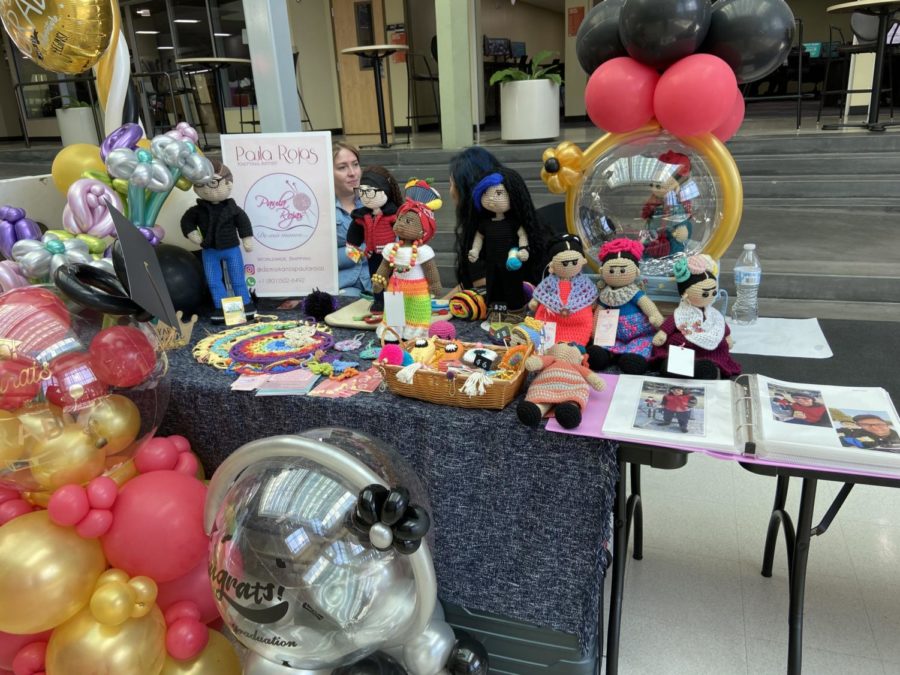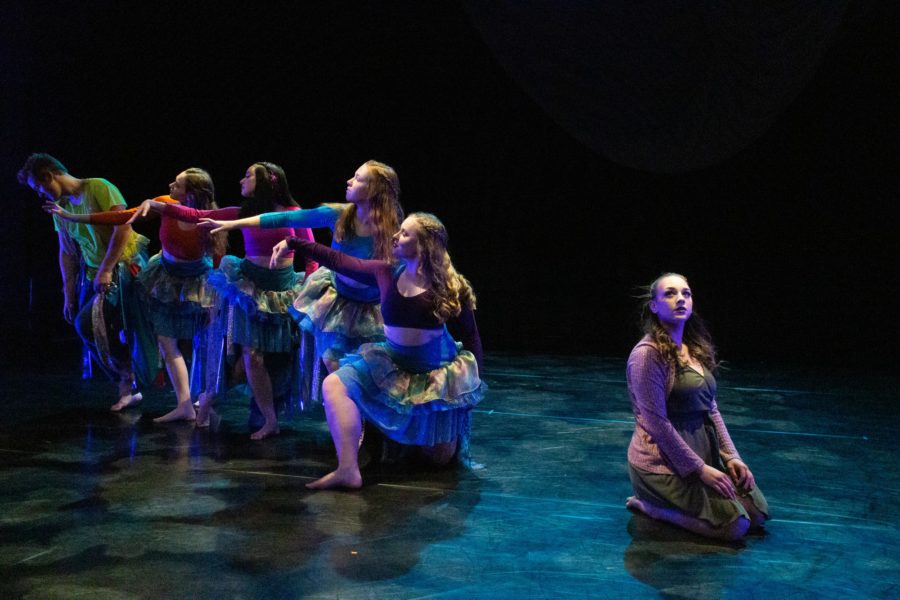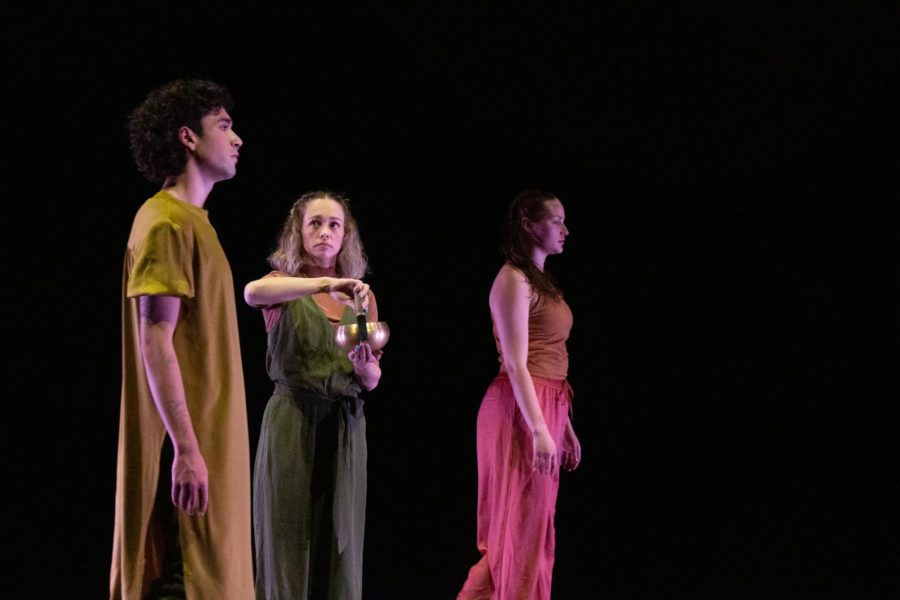Weber State University Honors presented the 14th annual WSU Greek Festival, in conjunction with the Classical Greek Theatre Festival. The festival was initiated as support for the Classical Greek Theatre production hosted by the WSU Department of Performing Arts every fall. The festival offers a series of lectures given by WSU faculty and other events about classical Greek culture.
“Generally, a hundred years ago, if you were getting a good education you would have studied the Greeks, Romans and their languages,” said Caril Jennings, marketing director for WSU Performing Arts. “Now, you have to go somewhere special if you want to do ancient Greek study. A lot of the people that participate in the festival have an interest in ancient Greece, but not the class time to teach it.”
Every spring, Jennings sets out looking for faculty members who want to relate the theatrics of ancient Greeks to their own disciplines. David Ferro, a professor and dean of the College of Applied Science and Technology at WSU, along with Eric Swedin, an associate professor of integrated studies at WSU, presented a lecture about the Antikythera mechanism, an ancient mechanical computer designed to calculate astronomical positions. Ferro described the Anytikythera mechanism “as a work of art and craftsmanship that was a real accomplishment.”
In 1900, the Antikythera was recovered in a shipwreck from the first or second century B.C. Discovered by sponge divers off the Greek island Antikythera, the shipwreck also produced numerous statues dating back to the fourth century B.C.
“This was not a normal ship that the divers found,” Swedin said. “It was filled with really expensive items like vases and art objects.”
The Antikythera was found in pieces made of bronze that were embedded in coral.
“The Greeks recognized that some of them were gears,” he said. “However, gears were not a part of their culture that they used heavily, so for years no one knew what they were.”
It was not until 1951 that British science historian Derek J. de Solla Price started a systematic study of the mechanism. In June of 1959, Price’s first major publication on the mechanism, An Ancient Greek Computer, was published. The publication advanced the theory that the Antikythera mechanism was a device for calculating the motions of stars and planets, which made the device the first known analog computer.
“Computer science might seem like a far leap from performing arts,” said Jennings, “but it is connected through ancient Greece. I like to show that the arts can be connected with anything, and the Greek Festival shows that the ideas that we had so long ago have either been adapted or are very similar to the things that we believe now.”
The reader’s theater performance of Aristophanes’ Wealth is an example of how 2,300-year-old ideas have adapted to modern culture.
“This play depicts rich people and poor,” Jennings said, “and why is it that the bad men have all the money and the honest and hardworking people are so poor? You see that when you read the newspaper every day.”
The festival is a way for faculty and students to share their interest in ancient Greece and to communicate with people to whom they would not ordinarily get the chance to talk.
“Performing art majors do not regularly come in contact with computer science majors,” Jennings said, “and I want people to understand that everything we know ends up being related. We do not learn one thing that is completely separate from everything else.”
This is also the 14th year the festival has coincided with the Ogden community Greek Food Festival, presented by the Holy Transfiguration Greek Orthodox Churchon Sept. 23-24.
The 2011 Greek Festival production is Euripides’ Iphigenia in Tauris. It will be held in the Wildcat Theater in the Sheperd Union Building on Sept. 28 at 7:30 p.m. Ticket prices are $8 for students and $11 for all others.












